Fuelling Informed Decisions: The Powerhouse of Bookkeeping in Business Strategy
In the intricate realm of business strategy, data reigns supreme. Beyond the buzzwords, glitzy presentations, and high-octane brainstorming sessions lies a foundational element that dictates every significant decision in the business world: information. At the heart of this is bookkeeping, an often underestimated powerhouse that fuels informed decisions, ensuring businesses not only survive but thrive in the competitive landscape.
Beyond Numbers – The Tale of Data
Numbers, in their raw form, are simply digits – lifeless, cold, and inert. Yet, when processed, interpreted, and contextualised, these numbers turn into stories, tales of triumphs, lessons from failures, and paths to future possibilities. This transformative process, where digits morph into actionable insights, is where bookkeeping shines.
-
The Competitive Landscape and the Role of Bookkeeping
Every industry, regardless of its nature, faces stiff competition. The lines that differentiate one brand from another, one product from its rival, are often blurry. In this haze, bookkeeping provides clarity.
By maintaining accurate financial records, businesses can gauge their performance against industry benchmarks. This not only helps identify strengths and areas of opportunity but also sheds light on potential threats. In a market dictated by consumer preferences, understanding financial performance can be the key to staying ahead of the curve.
-
Data-Driven Strategies: The New Age Necessity
The age of intuition-led business strategies, while not entirely obsolete, is giving way to a new era – the age of data-driven decision-making. In this new landscape, bookkeeping stands as the bedrock.
Informed decisions, reinforced by accurate financial data, eliminate the guesswork. Whether it’s choosing to expand into a new market, developing a new product, or streamlining operations, the numbers guide the way. Each financial statement, ledger entry, or tax record provides a piece to the puzzle, helping business leaders see the bigger picture.
-
Agility in Volatile Markets
Markets are seldom stable. Economic downturns, global crises, industry disruptions – the challenges are manifold. Yet, in this volatility lies opportunity, provided businesses possess clarity.
Bookkeeping ensures this clarity. By consistently updating financial data, businesses can anticipate shifts, understand trends, and predict future challenges or opportunities. Instead of being reactive, firms can be proactive, navigating market uncertainties with confidence.
-
The Road Ahead: Future-Proofing with Bookkeeping
The future of business is indisputably digital. With advancements in AI, machine learning, and predictive analytics, the potential to harness data is immense. However, the foundation remains unchanged: accurate, timely, and relevant financial data.
Bookkeeping, in essence, future-proofs businesses. By ensuring data integrity and accuracy, it paves the way for more advanced analytical tools. As businesses move towards automation and digital transformation, bookkeeping provides the raw material – the invaluable data – to drive these innovations.
The Symphony of Informed Decision Making
Bookkeeping is more than an administrative task; it’s a symphony. Each entry, record, and reconciliation adds a note, creating a melody that resonates with strategy, foresight, and innovation. For businesses keen on charting a course defined by informed decisions, bookkeeping isn’t optional; it’s fundamental.



